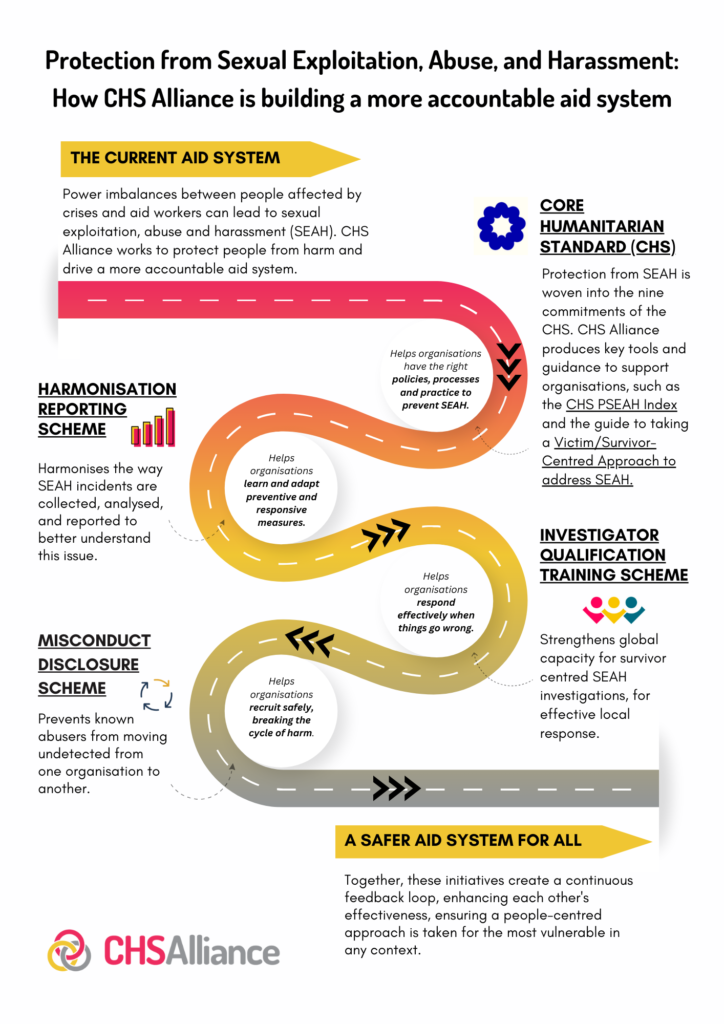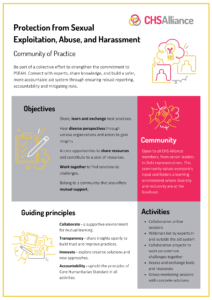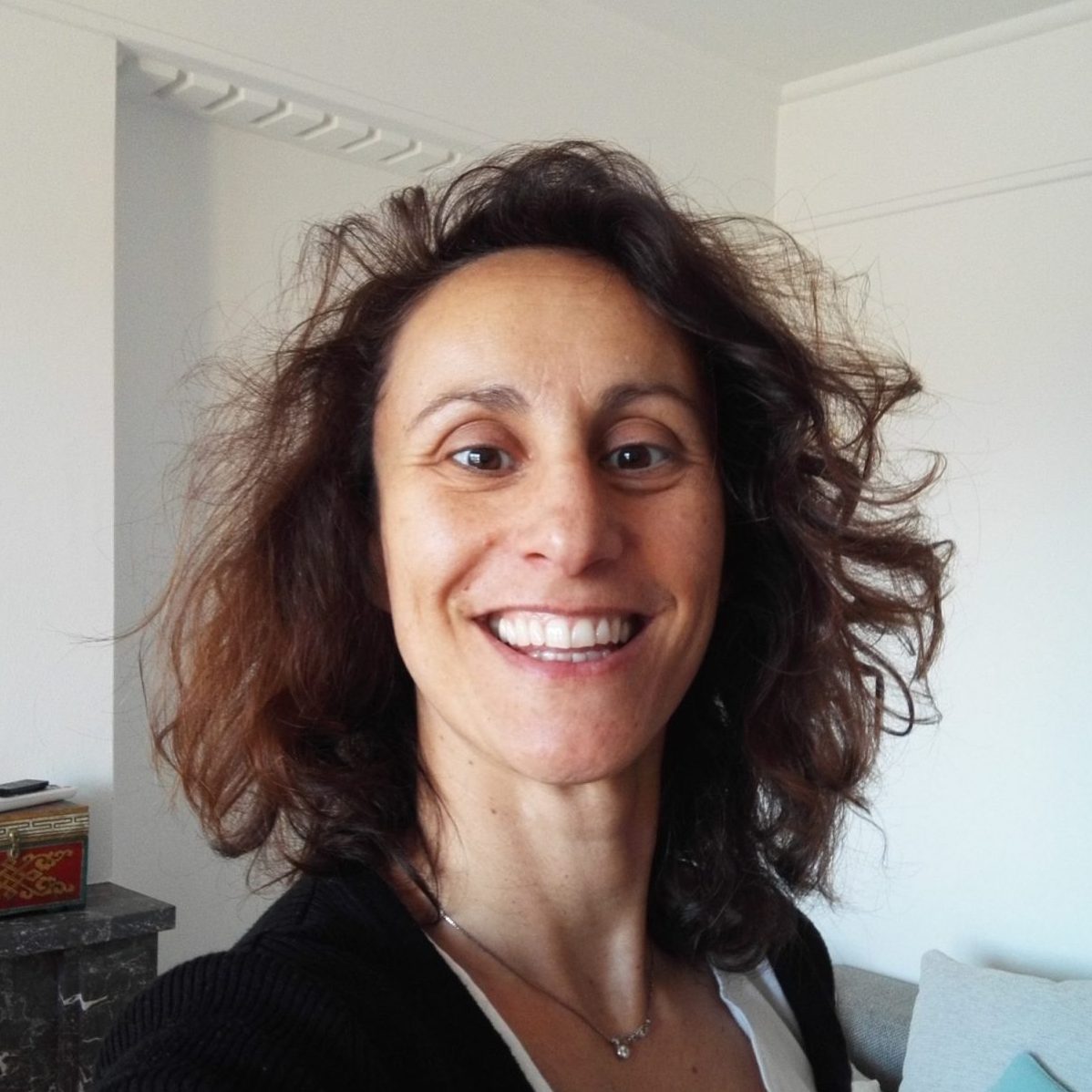What is Protection from Sexual Exploitation, Abuse and Harassment?
We all have a part to play in protecting those affected by crisis from sexual exploitation, abuse and harassment (SEAH). The nature of humanitarian and development work means that staff are often in positions of power while helping people and communities in highly vulnerable situations. Employees in the sector must also be able to work in a safe, harassment-free environment.
As an alliance of more than 200 aid organisations, we are committed to tackling all forms of mistreatment and misconduct, wherever they occur. Protection from Sexual Exploitation, Abuse and Harassment (PSEAH) is woven throughout the Nine Commitments of the Core Humanitarian Standard (CHS).
See how CHS Alliance’s PSEAH initiatives work together to create a safer aid system for all:
The PSEAH Index clearly states the 18 safeguarding requirements in the CHS. It gives organisations verifying their performance against the CHS the ability to determine whether they have the policies and practices in place to protect people from sexual exploitation, abuse and harassment.
Our members are at the forefront of efforts to reduce the incidence of sexual exploitation, abuse and harassment. Our members exchange learning, knowledge, good practice and experience through the CHS Alliance Community of Practice (CoP). This CoP is made up of Alliance members, from senior leaders to field representatives, who use the space to collaborate, innovate, and pool resources. Members can use the form below to sign-up to this CoP.

CHS Alliance services at a glance
The CHS Alliance supports its members and others to deliver on their PSEAH commitments with:
- Community of Practice (CoP): members can join our CoP to share experiences and challenges, learn from others, access expert advice and gain peer support.
- Resources, guidance, tools and advice, including on how to take a victim-centered approach to tackling SEAH.
See below our key resources.
- Learning and collaboration opportunities, such as
webinars, events and conference on the issue of PSEAH to share experience, good practices and challenges in order to move forward in a more coordinated way. Tailored support for our members upon request. For more information please email Coline Rapneau (crapneau@chsalliance.org). - Learning and capacity sharing opportunities
Take the one-hour e-learning course to understand how the CHS PSEAH Index can support your organisation’s work. See PSEAH training courses. For more information about these, please contact our training team at training@chsalliance.org - The CHS Alliance Approved Trainers Scheme,
with a pool of independent consultants who can be contracted by any agency to undertake training on PSEAH and investigations. For more information contact training@chsalliance.org
We support our members to have their own complaint mechanism in place. However, we offer a complaint mechanism if you have concerns, complaints, feedback on how this has been handled, or in cases where you don’t believe a member organisation has a complaint mechanism in place.
Please see our complaints mechanism here.
Reach out to our PSEAH Adviser, Coline Rapneau, for more support and guidance on prevention of and response to sexual exploitation, abuse and harassment.
“I have spent many years in the field in various countries and continents, mostly holding positions related to prevention and protection of civilian populations. In all these places, I have learnt how important it is within an organisation to have strong preventive measures in place, to protect both the people we serve but also the staff. The CHS Alliance offers a vast range of options to support its member organisations ensure they are fully equipped to protect people against sexual exploitation, abuse and harassment”

